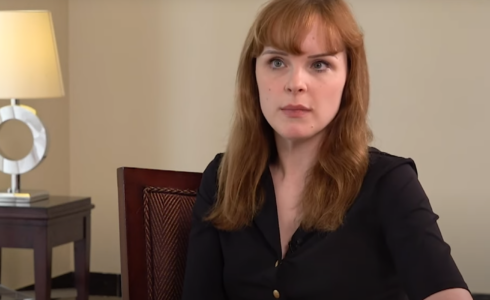
Dr. Hanna Notte gave an interview on the evolution of Russia’s foreign policy and Russia’s war against Ukraine to civilnet.am, an Armenian online television and media platform.

Over the past decade China doubled its combat missile brigades and unveiled new capabilities revealing its fears and conceptions about how future wars in the region will be conducted.
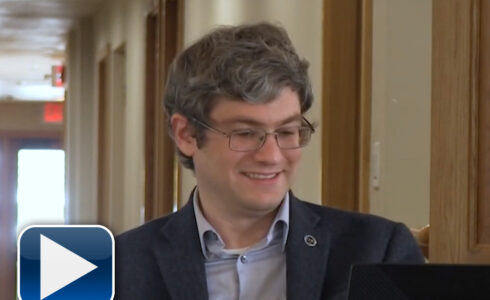
This seminar video outlines the methodology behind this forecasting project and describe its major results to date.
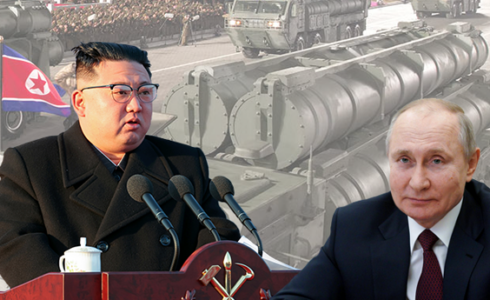
Economic and political interests influence supply chains in the Ukraine conflict. Understanding them can help scope out a reshaped political network that could be exploited by North Korea.
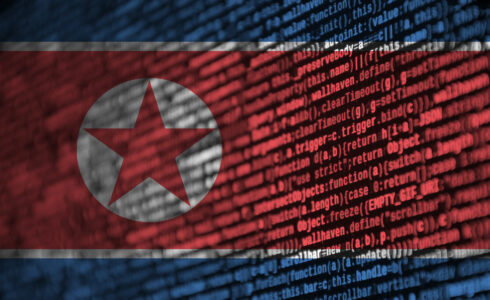
ITT controls are an important mechanism for impeding North Korea’s advancement in WMD production and maintenance.
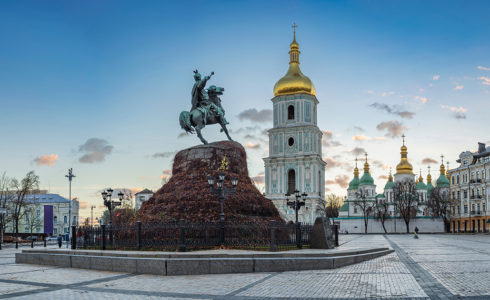
A compendium of CNS expert analysis and commentary on the nuclear ramifications of the war, as well as educational materials for expert and general audience.